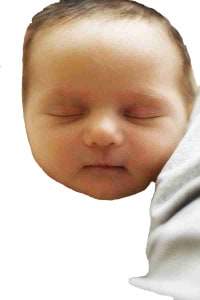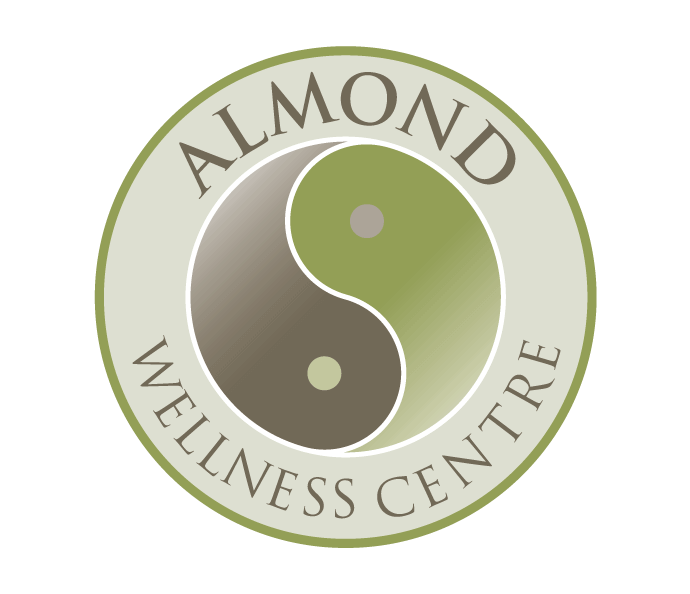
Sleep like a baby- Get a great night’s sleep naturally.
Trouble Sleeping? Discover Natural Sleep Solutions in Melbourne
Longing for a good night’s sleep? It’s frustrating when you climb into bed, ready to relax, and your mind just won’t switch off. You toss and turn, and the hours tick by. The next day, you’re left feeling exhausted, irritable, and struggling to concentrate. Sound familiar?
Occasional sleepless nights happen to almost everyone, but persistent insomnia can be a sign of a deeper issue and may lead to other health problems. Many conventional approaches to insomnia, like prescription sleeping pills, can have unwanted side effects or even lead to dependence. That’s why many people are exploring natural ways to address their sleep problems.
If you’re looking for drug-free ways to improve your sleep, acupuncture for insomnia and Chinese medicine for sleep may be options worth considering.
Is it Just a Bad Night, or Something More?
Everyone experiences a restless night now and then. In fact, occasional insomnia is a common problem. It can affect anyone, although it tends to be more prevalent in older adults. Symptoms can include:
- Difficulty falling asleep
- Waking up frequently during the night
- Waking up too early in the morning
- Feelings of frustration and moodiness
While a single sleepless night is annoying, chronic insomnia is more than just a nuisance. When insomnia becomes ongoing, your body doesn’t get the rest and rejuvenation it needs to function at its best.
Lack of quality sleep can lead to problems like:
- Difficulty concentrating
- Low energy levels
- Low mood
- Trouble performing daily tasks
Because sleep plays a crucial role in strengthening your immune system, insomnia can also make you more susceptible to other health issues. The good news is that you don’t have to simply “live with” chronic insomnia. There are natural approaches to explore.
Insomnia: A Traditional Chinese Medicine (TCM) Perspective
Traditional Chinese Medicine (TCM) views conditions like insomnia as signs of an imbalance in Qi – the vital energy that flows through your body and protects it from illness.
This imbalance can stem from various factors, such as:
- Stress
- Anxiety
- Medications
- Depression
- Chronic pain
To pinpoint the underlying causes of your insomnia, we’ll consider various aspects of your health, including your lifestyle and emotional and mental well-being. We’ll then work to restore the balance and flow of Qi using acupuncture for sleep and/or Chinese herbs for sleep.
We may also suggest complementary therapies and lifestyle changes, such as:
- Aromatherapy
- Yoga
- Meditation
Some people experience improvements in their sleep after just one session, but you’ll likely receive the greatest benefit from a series of treatments.
Your Chinese medicine practitioner aims to identify the root causes of your sleep issues by considering all the factors that may be contributing to your sleep disturbance. Through this ancient form of healthcare, you can improve your overall health and well-being and start looking forward to restful nights.
Questions Your Practitioner Might Ask
To help clarify your specific diagnosis, your practitioner may ask questions like these:
- Do you struggle to fall asleep?
- Do you have difficulty staying asleep?
- Is your sleep filled with vivid dreams?
- Do you find it hard to quiet your mind at night?
- Is it difficult to sleep on your back? (This can be related to excess in the lung or heart meridians.)
- Do you sleep only on your back with your arms outstretched? (This can indicate a pattern of excess heat.)
- Do you prefer to sleep on your stomach or side? (This could suggest a deficient condition.)
7 Tips for Healthy Sleep
Here are some general tips to promote better sleep:
- Stick to a regular sleep schedule: Try to go to bed and wake up at the same time every day.
- Stay active: Exercise regularly, but avoid exercising too close to bedtime.
- Avoid large meals before bed: Try to have your last meal a few hours before you go to sleep.
- Limit naps: If you need to nap, keep it short (less than 30 minutes).
- Limit caffeine, alcohol, and nicotine: These substances can interfere with sleep.
- Relax before bed: Try activities like taking a warm bath, meditating, or reading to wind down.
- Create a relaxing bedtime routine: This could include things like reading a book, taking a warm bath, or listening to calming music.
Can Acupuncture and Chinese Medicine Improve Sleep?
If you are experiencing chronic or severe insomnia, it’s crucial to seek professional help from a healthcare provider or sleep specialist for a comprehensive evaluation and appropriate treatment.
Additionally as each person is different, it’s important to consult with a qualified practitioner of Chinese medicine like us at Almond Wellness Centre. You will have personalised treatment recommendations based on your specific condition and underlying imbalances.
To know if acupuncture Chinese medicine could be beneficial to your sleep, please contact us directly.
Latest Research
https://pubmed.ncbi.nlm.nih.gov/31013432/
https://pubmed.ncbi.nlm.nih.gov/27261976/
Frequently Asked Questions (FAQs)
Q: How does acupuncture for insomnia work?
A: Acupuncture for insomnia aims to restore balance to your body’s energy (Qi) and calm your mind. By stimulating specific points, it can help regulate your nervous system, reduce stress, and promote relaxation, which can lead to improved sleep quality.
Q: Can Chinese herbs for sleep really help me get a better night’s rest?
A: Yes, Chinese herbs for sleep are often used to address the underlying causes of insomnia. They can help calm your mind, nourish your heart and liver (in TCM terms), and promote a more restful sleep. Your practitioner will create a personalised herbal formula based on your specific needs.
Q: How many sessions of acupuncture for sleep will I need to see results?
A: The number of sessions varies depending on the severity and duration of your insomnia. Some people notice improvements after just a few sessions, while others may require a series of treatments over several weeks. Your practitioner will develop a personalised treatment plan for you.
Q: Is acupuncture insomnia treatment painful?
A: Most people find acupuncture insomnia treatment to be relaxing and not painful. The needles used are very thin, and you may only feel a slight sensation upon insertion. Many people even fall asleep during their sessions!
Q: Can I combine acupuncture for insomnia with my current medications?
A: It’s always best to discuss any complementary therapies, including acupuncture for insomnia, with your healthcare provider. Acupuncture is generally considered safe, but it’s important to ensure it aligns with your overall treatment plan.
Q: What lifestyle changes can I make to improve my sleep alongside Chinese medicine for sleep?
A: Alongside Chinese medicine for sleep, you can try:
- Maintaining a regular sleep schedule
- Creating a relaxing bedtime routine
- Avoiding caffeine and alcohol before bed
- Ensuring your bedroom is dark, quiet, and cool
- Practicing relaxation techniques like deep breathing or meditation
Q: How do I know if Chinese medicine for sleep is right for me?
A: If you’re struggling with insomnia and prefer a natural approach, Chinese medicine for sleep might be a good option. A consultation with a qualified practitioner can help determine if it’s suitable for your specific needs.
Q: What kind of Chinese herbs are used for insomnia?
A: Several Chinese herbs are commonly used for insomnia, including Suan Zao Ren (Ziziphus spinosa), Bai Zi Ren (Platycladus orientalis), and Fu Ling (Poria cocos). These herbs are often combined in formulas to address the specific patterns of imbalance causing your sleep issues.
